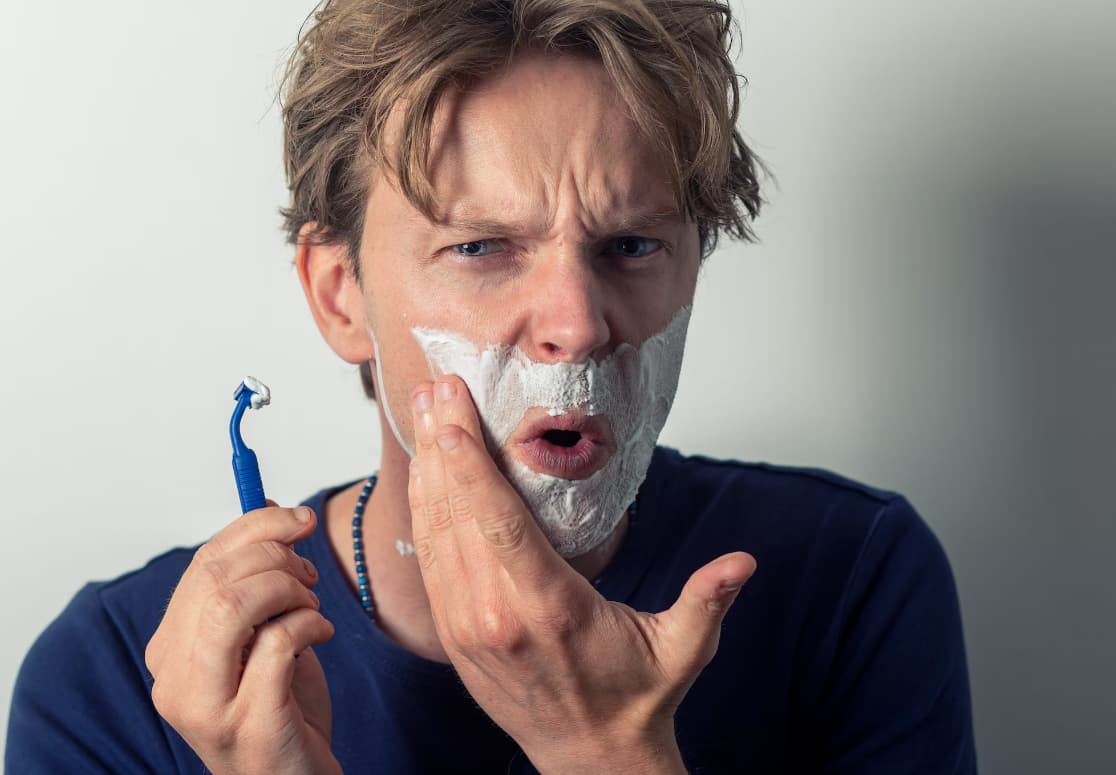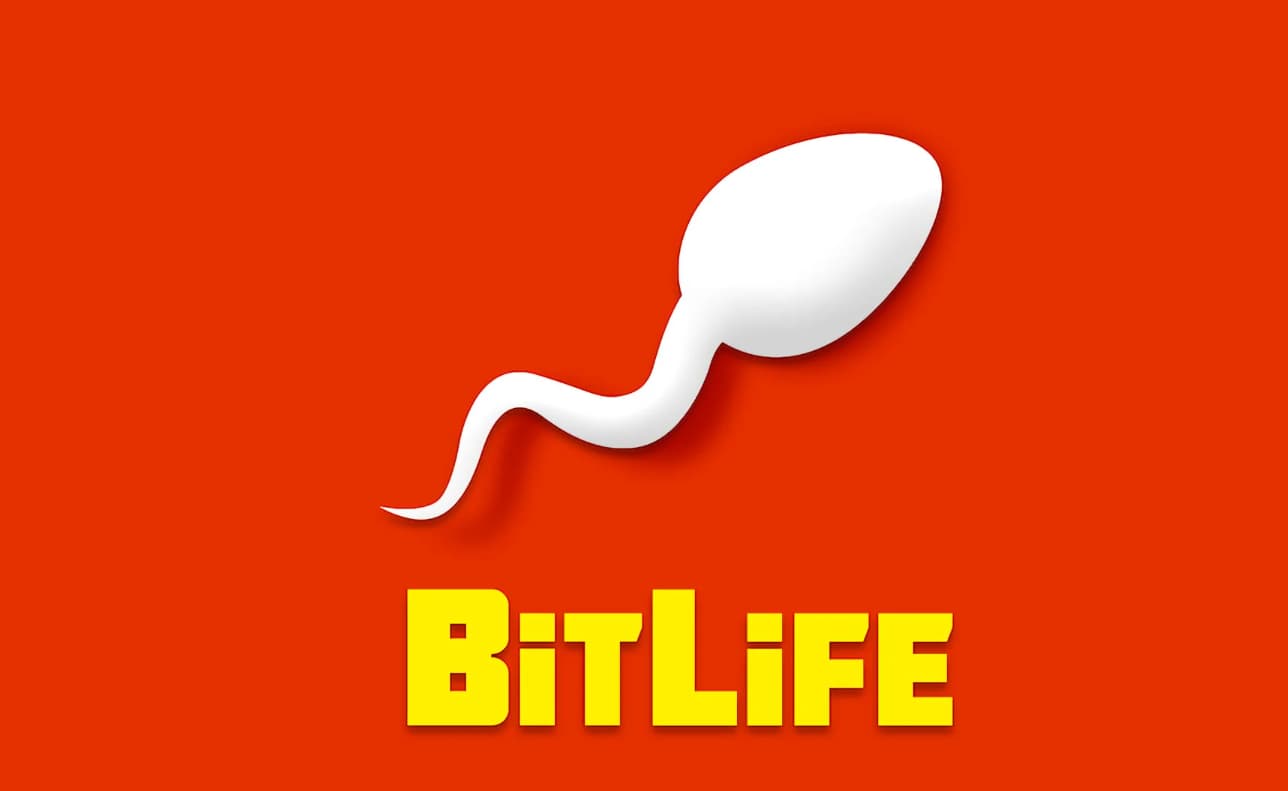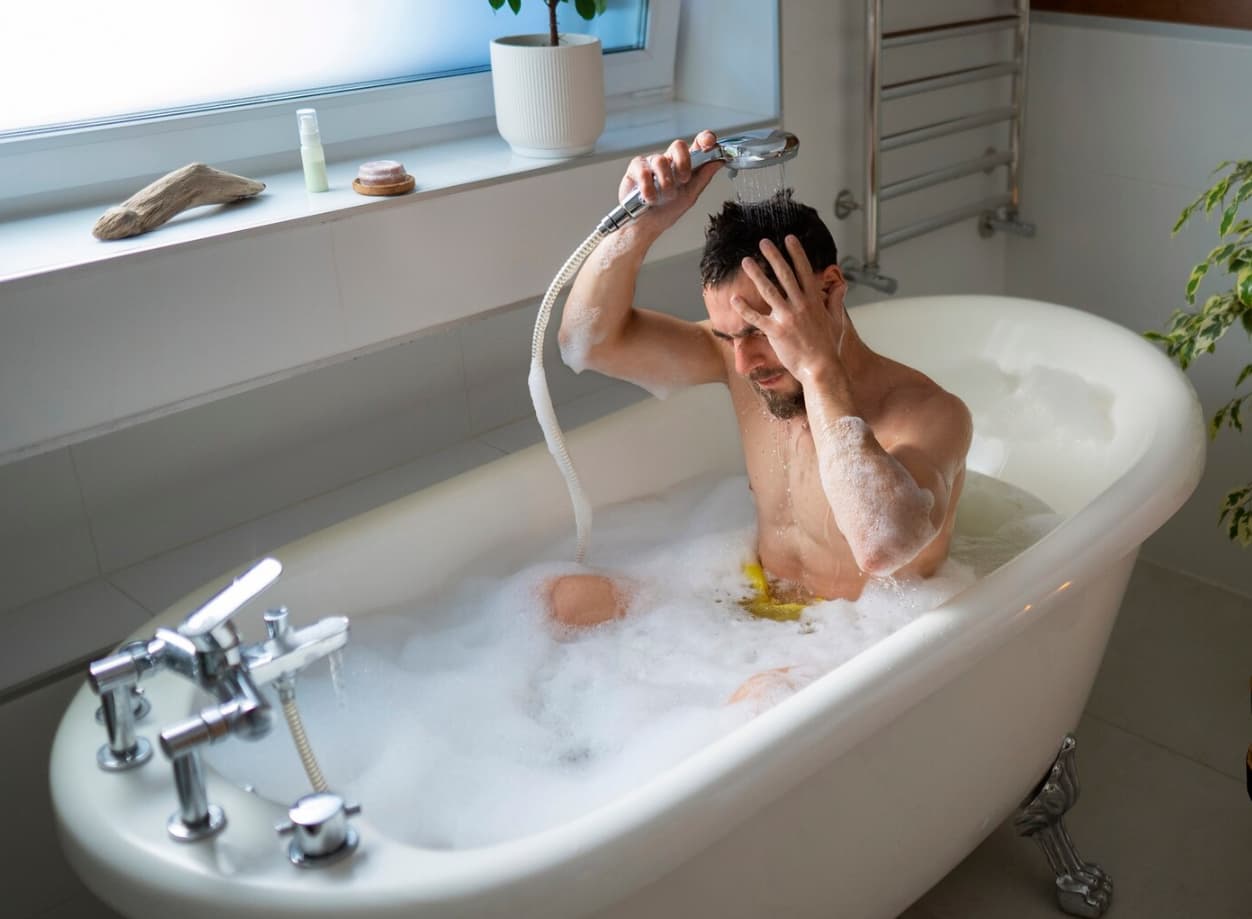Herpes is a common viral infection that affects many people. It is caused by the herpes simplex virus (HSV) and results in painful blisters or sores on the skin. These blisters most commonly occur on the genitals or mouth but can appear anywhere on the body.
Once infected with herpes, the virus remains in the body for life and can become active at times, leading to recurrent outbreaks.
How Long to Wait to Shave After Herpes Outbreak?

Photo by Jeremy Bishop on Unsplash
Many people find that activities that irritate the skin, such as shaving, can trigger a herpes outbreak if they are already infected.
How Long to Wait to Shave After Herpes Outbreak?
Quick Answer: You should wait at least 1-2 weeks after a herpes outbreak has fully cleared before shaving the affected area again. This allows time for any sores, blisters, or irritated skin to completely heal so that shaving does not trigger another painful outbreak.
About Herpes Outbreak:
Two main types of the herpes virus cause outbreaks:
- HSV-1 – Also known as oral herpes, it usually causes cold sores around the mouth and lips.
- HSV-2 – Also known as genital herpes, it usually causes sores on the genitals or anal area.
The first outbreak of herpes is usually the most severe, with painful blisters or sores, flu-like symptoms, fever, and swollen glands. Recurrent outbreaks are typically milder, healing within two to three weeks.
The herpes virus spreads through direct skin-to-skin contact, most commonly through sexual activity or kissing. Once infected, it stays in the body forever, lying dormant in the nervous system. It can get reactivated due to triggers like stress, illness, menstruation, or skin irritation leading to an outbreak.
Herpes Outbreak Triggers
Some common triggers for a herpes outbreak include:
- Stress
- Fatigue
- Illness
- Menstruation
- Skin irritation
- Sun exposure
- Certain foods
Skin irritation is a major trigger for many people with herpes. This can include activities like waxing, shaving, or getting a tattoo or piercing. Even small scratches, cuts, or scrapes can be enough to trigger an outbreak if the virus is present.
Can Shaving Cause HSV Outbreak?
Shaving does not directly cause a herpes infection – herpes can only be contracted from skin-to-skin contact with someone who carries the virus.
However, shaving can trigger an outbreak or worsen symptoms in someone who already has oral or genital herpes. This is because shaving causes minor abrasions and irritation to the surface of the skin, especially if not done properly. This skin irritation provides an opening for the dormant herpes virus already present in the body.
Razor burn, ingrown hairs, nicks, cuts, and clogged hair follicles from shaving are all forms of skin irritation that may prompt the virus to reactivate. The physical act of shaving can also stimulate the body’s immune response. A heightened immune response in the area can trigger the herpes virus to wake up and cause noticeable symptoms.
So in those who already carry HSV, shaving can essentially “let the virus out” by compromising the integrity of the skin barrier and stimulating immunity. This is why some people experience painful herpes sore or blister crop up in the shaved area.
It’s important to note genital shaving and herpes have an even stronger connection, as the delicate genital area skin is especially prone to microscopic wounds from razor irritation.
How to Prevent Post-Shaving Herpes Outbreaks
If you are susceptible to post-shaving herpes breakouts, you can take measures to help prevent recurrences:
- Use a clean, sharp razor every time – Dull razors tug at the hairs, causing extra irritation. Never share razors with others.
- Use plenty of shaving cream/gel – Lathering up helps defend skin and ensures a closer shave.
- Shave lightly and only in the direction of hair growth – Take slow, gentle strokes to avoid nicks and cuts.
- Rinse blade often – Prevent the buildup of shaved hairs that block the blade.
- Moisturize after – Soothe just-shaven skin and avoid dryness or itching.
- Consider alternative hair removal methods – Depilatory creams, waxing or electrolysis may work better for some.
How Long Should You Wait to Shave After a Herpes Outbreak?
As a general guideline, you should wait at least 1 week after a herpes outbreak clears up before shaving again. This allows enough time for any blisters, sores or irritated skin to completely heal. Rushing back to shave too soon risks triggering another outbreak.
However, some doctors advise waiting up to 2 weeks after symptoms resolve to give the body more time to recover and regain resistance before risking any skin disruption.
For those who experience herpes breakouts every time they shave a specific area, an even longer hiatus from shaving that area may be warranted. Some may choose to stop shaving the susceptible regions indefinitely.
While not shaving during an active outbreak is quite obvious, holding off an additional 7-14 days allows the skin’s protective barrier to rebuild strength. It gives the immune system time to calm back down as well. This helps prevent inadvertently “sparking” a recurrence.
Pay attention to your own body and symptoms and allow enough healing time before shaving flare-up zones again. Ultimately you must find the right wait time that works for your unique situation.
FAQs on Shaving and Herpes Outbreaks
Below are answers to some frequently asked questions about shaving and herpes recurrences:
- Can shaving trigger a herpes outbreak?
Yes, shaving can trigger an outbreak by compromising the skin’s protective barrier and allowing activation of the dormant herpes virus already present in the body. Razor burn, ingrown hairs, and other shaving irritation can all prompt a herpes recurrence.
- Can hair removal creams or waxing cause a herpes outbreak?
Possibly. Like shaving, other hair removal methods also briefly disturb the skin. However, some methods like depilatory creams or waxing cause less surface damage than shaving with a blade, so outbreaks may be less likely. Avoid hair removal methods during an active flare-up.
- What’s the best way to shave if I have recurrent herpes outbreaks?
Use a clean, sharp razor with plenty of shaving cream and take gentle, smooth strokes only in the direction your hair grows to lower chances of nicking or cutting your sensitive skin. Consider alternate hair removal methods as well.
- How long should men wait to shave after genital herpes symptoms clear up?
Most doctors recommend males with genital herpes allow a minimum of 1 week after a penile outbreak resolves before shaving again. Wait even longer (up to 2 weeks) if frequent recurrences occur with shaving. Let the skin heal completely first.
- Can friction from sex or masturbation cause a herpes outbreak?
Yes. Like shaving, friction from sexual activity or masturbation can create microtears in genital skin allowing activation of HSV present in nerve roots. Use sufficient lubrication to minimize rubbing. Avoid sex during outbreaks.
- Can I get genital herpes from a razor someone with oral herpes used?
Extremely unlikely. The oral (HSV-1) and genital (HSV-2) herpes strains preferentially infect and recur in specific body areas. Cross contamination between oral and genital zones is very rare, though possible. Better to not share razors regardless.
Tips to Follow While Shaving After Herpes Outbreak
- Wait at least 7 days after a herpes outbreak has completely cleared before shaving again.
- Allow sores, blisters, or any irritation to heal entirely before bringing a razor to the area.
- Sterilize your tools first by wiping razors/tweezers with alcohol.
- Always use a clean, sharp razor each time – old drugstore disposables work well.
- Replace blade after 6 shaves maximum.
- Apply plenty of quality shaving cream, gel, or oil beforehand.
- Shave slowly and gently, only in the direction your hair grows naturally.
- Rinse razor blades often under hot water during shaving.
- Avoid stretching or pulling the skin taut, let the razor glide smoothly instead.
- Moisturize right after shaving to ease irritation and prevent itch.
- Use a mirror to see what you’re doing rather than shaving by feel.
- Avoid wearing tight clothes against freshly shaven skin.
Home Remedies to Soothe Post-Shaving Outbreaks
If you do develop signs of a herpes recurrence after shaving, some natural home remedies can relieve discomfort and speed healing:
- Dab some petroleum jelly onto sores to reduce pain and soften crusts.
- Apply a cold compress or ice pack wrapped in cloth to blisters to ease swelling and pain.
- Drink extra fluids like water, tea, or broth to stay hydrated.
- Take an over-the-counter pain reliever like ibuprofen if needed for pain and inflammation.
- Try a soothing oatmeal or baking soda bath to reduce itching and irritation.
- Dab milk of magnesia onto sores with a cotton ball to calm nerve pain.
- Apply aloe vera gel or witch hazel extract onto the affected area to promote healing.
- Avoid picking at or rupturing blisters as this slows healing and spreads infection.
- Wear loose-fitting, breathable cotton underwear and clothing.
- Stay home and rest until the outbreak resolves if symptoms are severe.
See your doctor right away if your outbreak is unusually severe or if home remedies aren’t helping within a few days. Prescription antiviral medication may be needed to fight the virus and speed up recovery.
Information Sources:
- https://patient.info/forums/discuss/shaving-after-hsv2-first-outbreak-is-over-714748
- https://forums.herpesopportunity.com/topic/8848-shaving-hair-removal-and-herpes-can-we-talk/
- https://www.youtube.com/watch?v=ctWkIIlLnVg
Conclusion:
Shaving can sometimes trigger a recurrence of oral or genital herpes blisters by introducing skin irritation. Wait at least 1 week after a herpes outbreak finishes to shave again.
Allow existing sores, blisters, or irritated areas to fully heal before subjecting the skin to razor friction.
Use proper shaving techniques, well-prepared tools, and sufficient lubrication when you shave susceptible areas. Avoid skin abrasions that could permit the activation of lingering viral particles.
Prompt home treatment can ease discomfort if a post-shaving herpes flare does occur.
With some common-sense precautions, those living with herpes can still safely practice hair removal without necessarily provoking recurrent outbreaks. Get to know your body’s unique symptoms and triggers.
Work with your healthcare provider to keep the virus contained through antiviral medication if breakouts become frequent.



